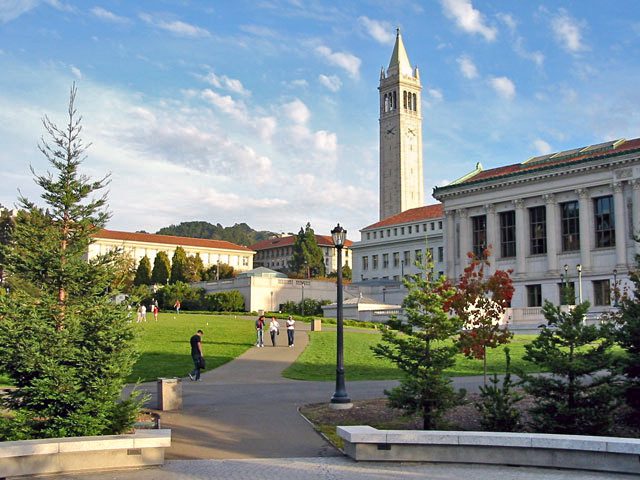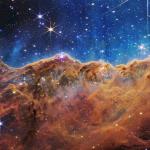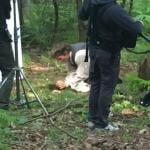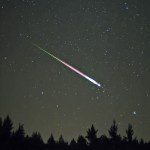
Two books particularly stand out for having opened my mind to the possible reality of such things as clairvoyance (aka “remote viewing”), telepathy, and even communication with the dead via mediums. None of these is essential to my worldview or my faith. (If anything, indeed, spirit mediums seem to be antithetical to my doctrinal commitments, at least at first glance.) But, in my judgment, if they are real they seem to suggest a universe that is congenial to my faith and my worldview. Why? Because they appear to strengthen the case for the power of mind, as opposed to a world made up solely of atoms and the void, a world in which consciousness is merely an ephemeral epiphenomenon reducible in the end to mindless matter and ceasing with death.
One of those books was the somewhat sensationally titled 2003 volume The Afterlife Experiments: Breakthrough Scientific Evidence of Life After Death, which was written by Gary E. Schwartz with William L. Simon. Schwartz, who received his Ph.D. from Harvard University, taught for many years in the psychology and psychiatry departments at Yale University. Currently, he is a professor of Psychology, Medicine, Neurology, Psychiatry, and Surgery at the University of Arizona.
The other was Elizabeth Lloyd Mayer’s posthumously-published 2008 book
Known as Lisby by her many friends and colleagues, Elizabeth Lloyd Mayer was an internationally known psychoanalyst, researcher, and clinician, the author of groundbreaking papers on female development, clinical technique, the nature of science, and intuition. A graduate of Radcliffe College, she received her doctorate from Stanford University and graduated from the San Francisco Psychoanalytic Institute, where she later became a training and supervising analyst. She was associate clinical professor of psychology at the University of California, Berkeley, and in the psychiatry department at the University of California Medical Center, San Francisco. She was also a fellow of the International Consciousness Research Laboratories at Princeton and on the research faculty of the Institute for Health and Healing at California Pacific Medical Center. She maintained a private practice in Berkeley for thirty years. Dr. Mayer served on the editorial boards of many of the major journals in her field, including the Journal of the American Psychoanalytic Association, International Journal of Psychoanalysis, Gender and Psychoanalysis, The Psychoanalytic Quarterly, and Contemporary Psychoanalysis. She was the first winner of the American Psychoanalytic Association’s prestigious Menninger Award. A contralto with a long-standing interest in traditional folk and classical music, she was a founder of the California Revels and its artistic director for many years. The mother of two daughters, she was also the producer of an award-winning video series on music education for children and was named Alameda County’s Woman of the Year for Arts and Culture in 1995. Dr. Mayer died on New Year’s Day, 2005, shortly after completing Extraordinary Knowing.
In December 1991, my daughter’s harp was stolen; we got it back. But it came back in a way that irrevocably changed my familiar world of science and rational thinking. It changed the way I go about living in that world. It changed the way I perceive the world and try to make sense of it. This book is about what unfolded as I attempted to explain what happened.—Elizabeth Lloyd Mayer
This book begins with an extraordinary story about a harp—one that is typical of thousands of others in which somebody knows something without having any normal way of knowing. This kind of extraordinary knowing is commonly called extrasensory perception, or ESP. Since I am a scientist, the story puts me in a difficult position. As a scientist I don’t believe the story, but as a human being I want to believe it. As a scientist, I don’t believe anything that is not based on solid evidence. As a scientist, I have to consider it possible that Elizabeth Mayer and Harold McCoy might have concocted the story or deluded themselves into believing it. Scientists call such stories “anecdotal,” meaning that they are scientifically worthless. On the other hand, as a human being I find the story convincing. I am impressed by the fact that Elizabeth Mayer is herself a scientist and would normally be skeptical of such anecdotal evidence. She understands why the majority of scientists do not believe her story. . . .
There are three possible positions that one may take concerning the evidence for ESP. First, the position of orthodox scientists, who believe that ESP does not exist. Second, the position of true believers, who believe that ESP is real and can be proved to exist by scientific methods. Third, my own position, that ESP is real, as the anecdotal evidence suggests, but cannot be tested with the clumsy tools of science. These positions also imply different views concerning the proper scope of science. If one believes, as many of my scientific colleagues believe, that the scope of science is unlimited, then science can ultimately explain everything in the universe, and ESP must either be nonexistent or scientifically explainable. If one believes, as I do, that ESP exists but is scientifically untestable, one must believe that the scope of science is limited. I put forward, as a working hypothesis, that ESP is real but belongs to a mental universe that is too fluid and evanescent to fit within the rigid protocols of controlled scientific testing. I do not claim that this hypothesis is true. I claim only that it is consistent with the evidence and worthy of consideration.
Candidly, I find Freeman Dyson’s foreword rather odd, because Professor Mayer’s book actually provides multiple examples of statistically significant positive results for tests of “anomalous knowing.” ESP does not, in fact, appear to be “scientifically untestable.”
I encourage skeptics to read Extraordinary Knowing. I realize that at least one commenter here will defiantly refuse to do so, while demanding evidence and declaring, over and over and over again, his supposed passion for “Reality.” Others, though, might profit from reading the book. Or, of course, they can close their eyes, ram their fingers in their ears, and vie with one another in calling me names and redundantly lampooning my hilariously comic embrace of pseudoscientific booga booga and woo-woo.
Posted from Ko Olina, O’ahu, Hawai’i













